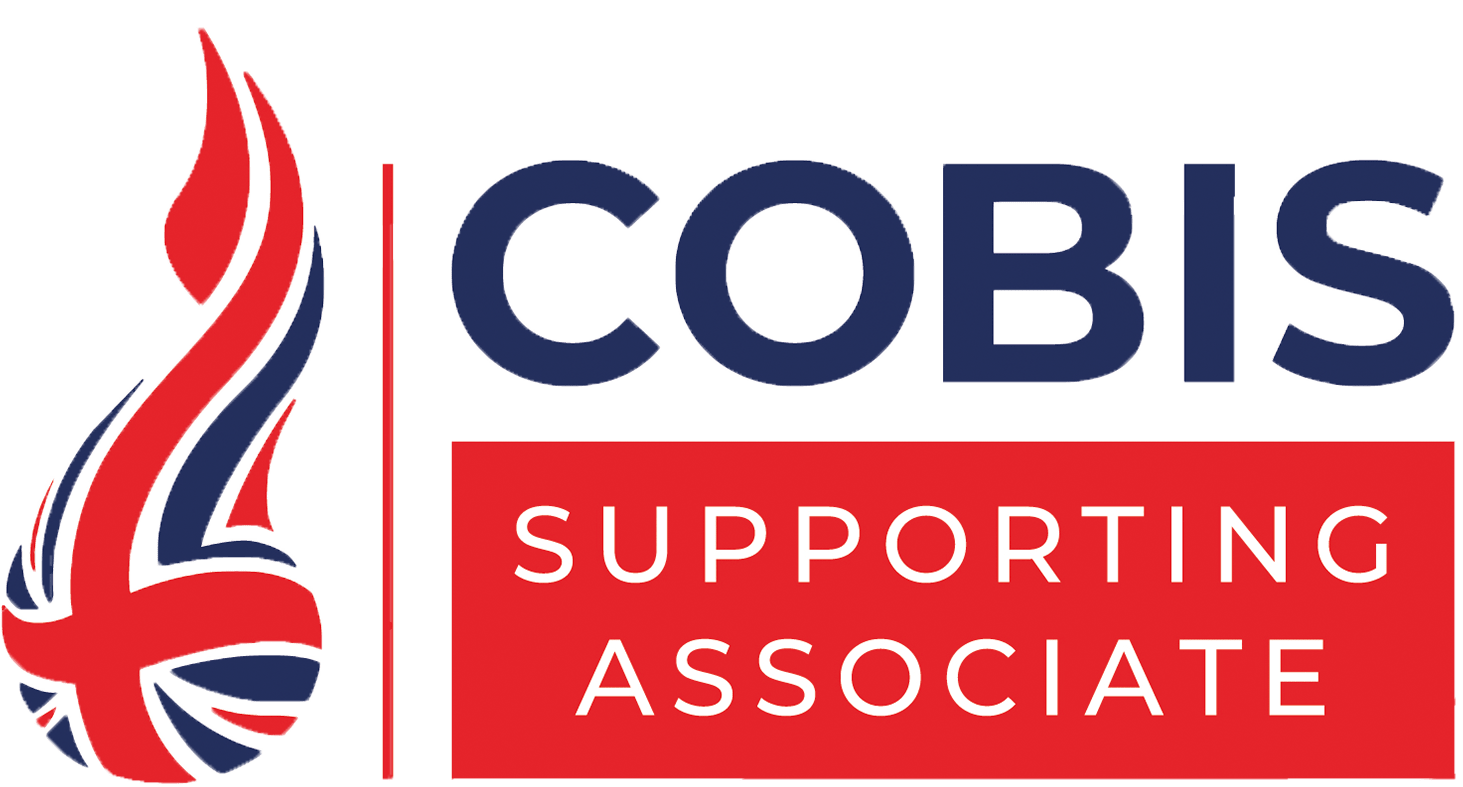There may not be a silver bullet for better assessment, but the future is bright (and a little bit orange)
If the calls and emails we’ve been receiving recently at EBE are anything to go by, the veritable pickle that is assessment in the English school system is not a geographically-isolated phenomenon. In fact, I tend to think that the tremendous uncertainty surrounding life after levels, increased demands of national key stage testing, and the introduction of the Progress 8 measure have taken English schools ahead of an interesting global curve: schools everywhere are wrangling with assessment in some form or other, but few are systematically forced to grasp the nettle. The perfect storm initiated many moons ago by English ministers long since shuffled on is breaking now, and it’s forcing English teachers and school leaders to talk more honestly about assessment and to recognise how little any of us knows about the complete process of developing teachers to become systematically more effective at using assessment to its full potential.
A global perspective
In recent months, I’ve spoken to teachers and leaders in schools around the world and heard a similar story from each. From Hong Kong to York, Maryland to Dorset, the narrative is broadly consistent: schools want to assess better, but often have little idea where to start. In large part, this ‘assessment illiteracy’ (as two school leaders framed it) is a result of teacher training that has not addressed the need for deep understanding of this critical area of pedagogy. In short, teachers invariably do not receive sufficient (if any) training on the technical aspects of great assessment (the design, analysis and interpretation of probing, reliable questions which support valid, informative inferences), as well as the use of assessment as a tool to create learning. But this is, I would contend, a symptom of a broader malaise, rather than an isolated issue.
At EBE, our position is that teachers’ learning about assessment cannot be divorced from their understanding of learning itself. If we accept that learning is characterised by long-term retention of knowledge and skill, as well as the transfer of these to new and dynamic contexts, and we accept that assessing student learning is a critical part of a teacher’s pedagogical toolkit, being able to deploy great assessment to capture and create learning becomes a priority. So why is assessment theory and practice absent from so much of teacher training and development?
Currently, our thinking leads us to two probable causes. Firstly, systems in England and other countries with school accountability frameworks linked to student progress or achievement on national tests (such as GCSE) have, historically and inadvertently, created the conditions in which professional knowledge about high-quality assessment is not necessary beyond the application of marking schemes. Why would it be, when SATS, GCSEs and other qualifications are out of the control of teachers? Why, when there is no way to affect the content, delivery, analysis and interpretation (particularly by regulatory bodies such as Ofsted) of assessment, would a teacher have anything other than a passing academic interest in assessment?
Secondly, good assessment is hard. Retreating a few steps from the minutiae of question development, delivery and analysis, it becomes clear that great assessment should be aligned with the curriculum, that it should engage students in thinking hard to demonstrate evidence of deep learning (rather than simply short-term memory), that it should actively create and promote learning. So, the effective deployment of assessment in school is dependent upon a well-defined curriculum (how can you assess if you don’t know what you’re assessing?) and a clear understanding of what learning is and how students do it. And these are the only pre-conditions; we haven’t even touched on the technical aspects of validity and reliability, amongst the many other assessment-specific details.
The future’s bright
Schools want to assess better, but there really is no quick fix, no silver bullet. The Carter Review, the Commission on Assessment Without Levels, and the NAHT have all called for better training for teachers on assessment, so that is what EBE is testing out right now with Assessment Leads-in-training from a group of schools in England. In piloting Assessment Academy – and creating its online sister course – we’re testing out a model that has good credentials, but one for which the outcome is unknown (it’s a pilot, after all!). In partnership with Cambridge Assessment and alongside Prof. Rob Coe at Durham University, we are working hard to understand more about effectively drawing together assessment theory and practice to create useful and meaningful training and support for teachers. We don’t have all the answers, but we’re learning every day, so while there may not be a silver bullet to assess better, we think the future is bright (and maybe a little bit orange).





